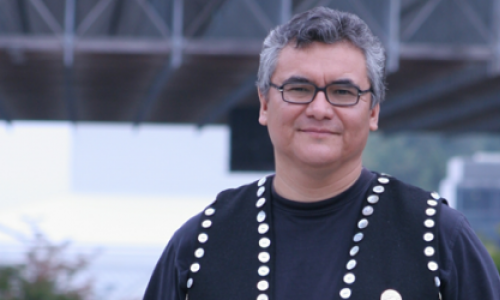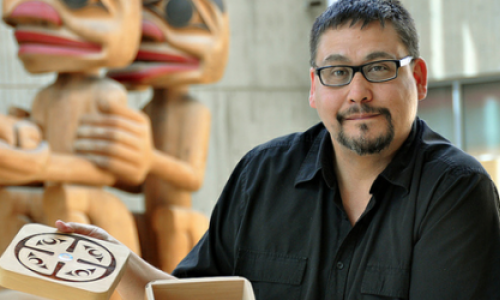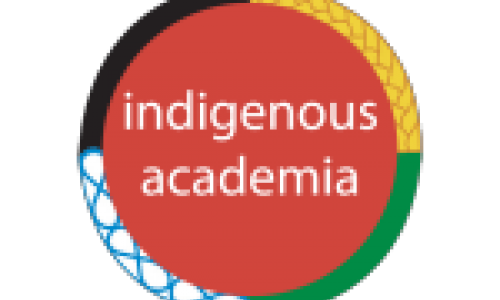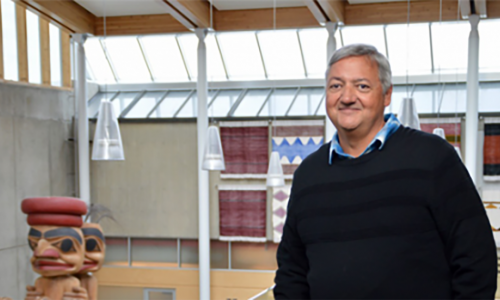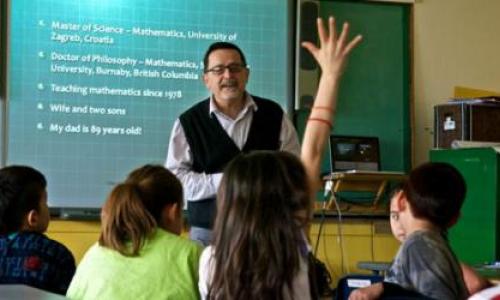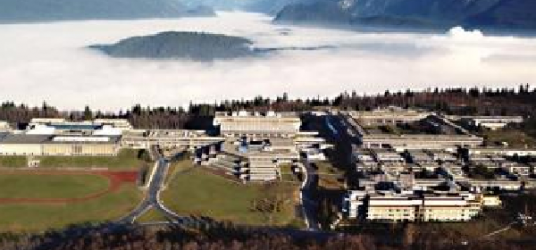
Did you know that in 2007 the SFU Senate passed the original five year First Nations University-Wide Strategic Plan and that it is revised and updated every 5 years?
Did you know they use this as a vision to articulate critical first step towards establishing the future for Aboriginal peoples at Simon Fraser University and that it creates a road map for accomplishing that vision?
Now are you asking yourself who decided this vison, how do they decide how to revise it and who actually evaluates its success?
These are great critical thinking questions and in this article series we are going to highlight not only these answers but also what exactly the university plans to do to Indigenize SFU over the next 5 years.
There was the creation of the Aboriginal Steering committee and the Office for Aboriginal People these two entities work together to guide the vision, work on implementation and evaluate its progress on a biannual basis.
Now what exactly does the SFU Aboriginal Strategic Plan for 2013-2018 plan to do?
The university is committed to:
-
Engaging Aboriginal students by equipping them with the knowledge, research skills, and experiences to prepare them for life in an ever-changing and challenging world;
-
Engaging research to become a world leader in knowledge mobilization in the service of Aboriginal peoples;
-
Engaging Aboriginal communities in every way possible to contribute to their social, economic, environmental, and cultural well-being.
How do they plan to make change in all of these areas?
By creating the Ten Pillars of the Aboriginal Strategic Plan the univeristy is able to create goals, timelines and action lists.
-
Academic Program Development
-
Research Development
-
Student Recruitment, Retention, and Support
-
Liaison and Engagement with the Aboriginal Community
-
Aboriginal Knowledge Development
-
International Engagement
-
Infrastructure and Facilities Development
-
Aboriginal Integration and Leadership Development
-
Government and NGO Relationships
-
Communication Strategies
How are they going to make this happen?
The strategic plan outlines SFU's 7 guiding principles to actualize this plan.
It states that Simon Fraser University is committed to:
-
Recognizing the unique educational needs and identities of Aboriginal peoples.
-
As First Nation, Non-Status, Métis, and Inuit peoples acquire increased control over governance, education, health care, and other social and economic dimensions of their communities, the educational contribution of the university to these peoples should support their efforts in this process.
-
Full and equitable participation by Aboriginal people.
-
Based on this principle, SFU will work to increase First Nations, Non-Status, Métis, and Inuit student enrolment to a proportion commensurate with that of the representation of Aboriginal people in the general population of British Columbia.
-
Providing a supportive academic and community environment for Aboriginal people.
- First Nations, Non-Status, Métis, and Inuit peoples enrolled at Simon Fraser University will have access to financial support programs, such as grants and fellowships, and non-financial support programs, such as mentorship and a supportive social context.
4. Acknowledging, respecting, and incorporating Aboriginal people’s
values and traditions in university programs.
-
As an institution dedicated to discovering and transmitting knowledge, the university will make good use of the traditional knowledge developed over the years by First Nations, Non-Status, Métis, and Inuit peoples, and will support academic work that incorporates Aboriginal knowledge.
-
Addressing the higher education needs and aspirations of Aboriginal communities
-
Simon Fraser University recognizes the range of educational needs of First Nations, Non-Status, Métis, and Inuit communities as they strive to protect their ancestral cultures and languages, and as they develop new forms of governance.
-
Collaborating and forming partnerships to serve Aboriginal people’s educational objectives.
-
This principle guides Simon Fraser University to seek out alliances with First Nations, Non-Status, Métis, and Inuit peoples and with other institutions in the broader community to achieve educational objectives that benefit Aboriginal peoples.
-
Affirming the ongoing institutional commitment to higher education among Aboriginal people’s communities.
-
This principle is implemented through the Aboriginal Steering Committee and the Aboriginal Strategic Plan for Simon Fraser University.
SO is this how they decide how to Indigenize SFU?
Yes.
How do I find out what they have done in the last year to actually Indigenize the campus?
Read Part 2 of the series!










